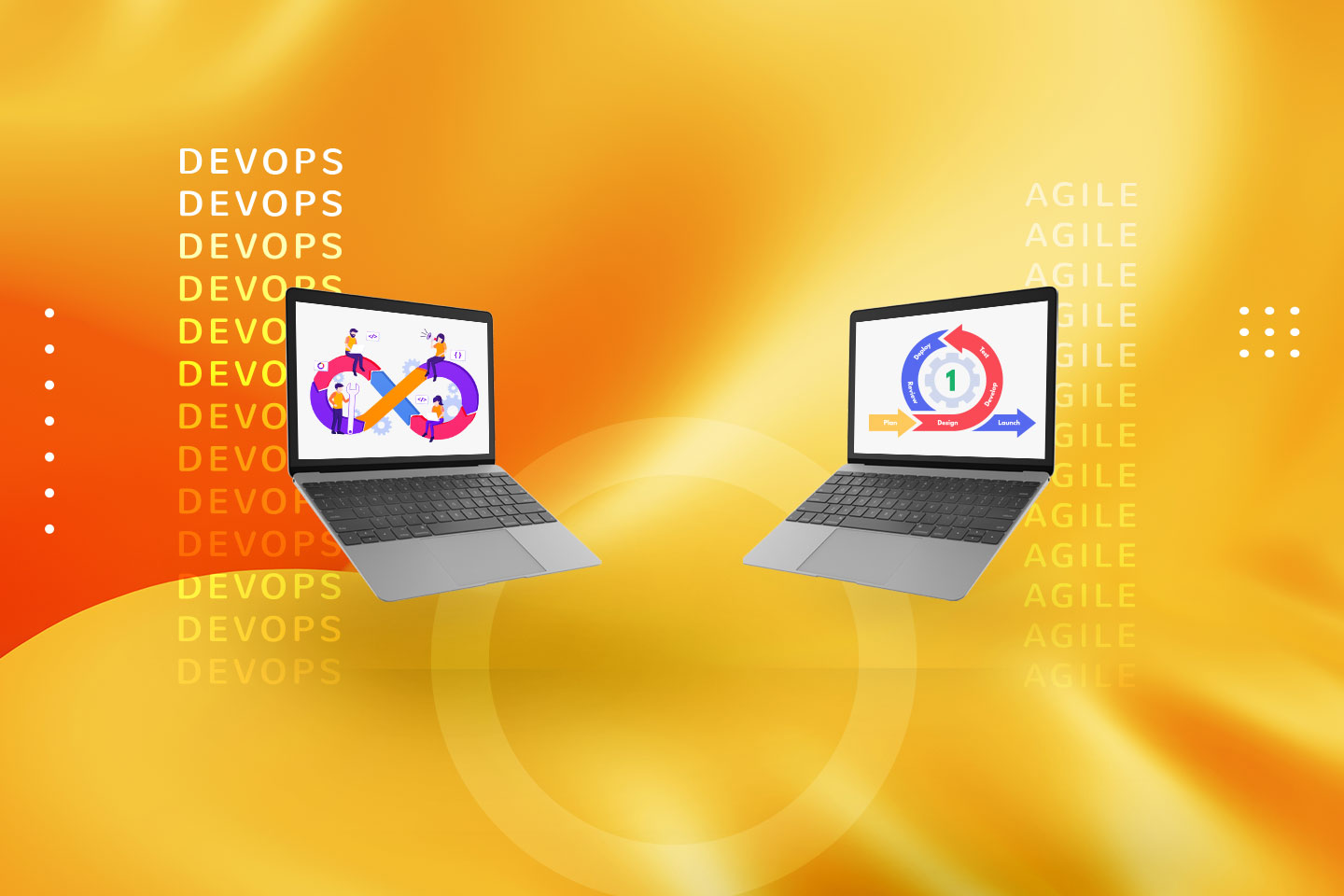A tool that aids in automating the software development process is called DevOps Tool. It largely concentrates on interaction and cooperation between experts in product management, software development, and operations. A DevOps solution also enables teams to automate the majority of software development procedures including build, conflict management, dependency management, deployment, etc. and lessens human labour.
What are the uses of DevOps?
The use of DevOps technologies ensures that collaboration, automation, and transparency are always at the forefront of your value stream. These solutions make it possible for all parties, including development, operations, security, and business teams, to effectively share and exchange technical knowledge for the purpose of producing high-quality products.
What are the important parameters one must consider for monitoring, alerting, and incident response tools in DevOps?
Today’s business settings are more complicated since they are based on several services and require a variety of tools to maintain optimal performance and customer satisfaction. Effective application management monitoring (APM) is necessary in order to identify complex application performance problems using monitoring, alerting, and incident response technologies, and ultimately to keep the given level of service.
In addition to their capabilities, easy integration with current systems and other tools is the most important thing to consider when choosing application performance monitoring solutions.
What are the best DevOps practices?
- Developers must have access to production systems so they can manage monitoring, troubleshooting, and even participate in being “on-call” in the event of production issues.
- Agile approaches are frequently employed for software development, but they should also be applied to infrastructure.
- Every change in a DevOps environment should go via automation as part of a CI/CD pipeline.
- Unified development, staging, and production environments should be used in DevOps.
- Version control all the configuration files, settings, and parameters for your runtime systems, including software and hardware.
- Keeping operations in the loop can also make sure that developers consider issues like hardware limitations, monitoring, deployment, troubleshooting, security, and the tooling required for production systems.
Some of the well-liked DevOps automation tools are as follows:
GitHub
The world considers GitHub to be one of the largest and most advanced development platforms. On GitHub, many developers, businesses, and organizations create, release, and manage their software.
Jenkins
Jenkins is a free and open-source automation server that aids in the automation of software development procedures including creating, enabling CI/CD, deploying, and testing.
Teams can simply monitor repetitive operations, swiftly spot difficulties, and seamlessly incorporate changes thanks to this DevOps tool.
Circle CI
No matter the size of your DevOps team, Circle CI’s cloud-native CI/CD platform provides your software development process with dependability and speed.
On your infrastructure or in the cloud, you can easily build and deploy high-performing software at scale.
Bitbucket
Bitbucket is a very popular platform with more than 10 million registered users. It has features that go beyond code management even if it is a platform for storing code. From a single platform, groups of people may organize projects, work together on the code, test, and deploy.
GitLab
GitLab is a comprehensive DevOps tool for quick software delivery. Teams may do all activities, including planning, supply chain management (SCM), delivery, monitoring, and security.
Slack
Slack is a straightforward program with an easy-to-use user interface and several pre-built interaction points, which makes it a fantastic addition to more than 900 other business products. It can sync with your PC, be utilized on mobile devices, and be controlled from a web browser. Additionally, Slack provides a variety of connectors and a tone of storage space (paid versions).
AWS
In terms of PaaS, SaaS, and IaaS service offerings, AWS offers the broadest selection, including computing, identity and access management (ACM), networking, and storage. Although AWS provides hybrid, private, and public clouds, the public cloud is where it focuses the most.
Azure
Microsoft Azure is a preferred option for businesses, especially those who rely on Microsoft products like Office, Outlook, and Windows.
Azure provides Azure DevOps, a service to help manage software development projects from start to finish. This service consists of the Azure DevOps cloud service and the Azure DevOps server.
The server’s run-time environment with cloud-based technology facilitates on-premises installations.
On the other side, cloud services offer tools for software development, testing, and deployment on the cloud, including Azure boards, Azure Pipeline, Azure reports, Azure test plans, and Azure Artifacts.
DevOps seeks to close the gap between business, development, and IT in order to turn your SDLC into a strategic asset for your company. However, it is crucial to pick the appropriate instruments if you want to accomplish this aim. By raising productivity, increasing transparency, accelerating the process by which your products and services are created, and upgrading your KPIs, such as code throughput and reliability measures, the right tools may help you take full advantage of all the benefits of DevOps. Our thorough list of DevOps tools is a start toward comprehending this environment.
Visit Alertops for More Information.






